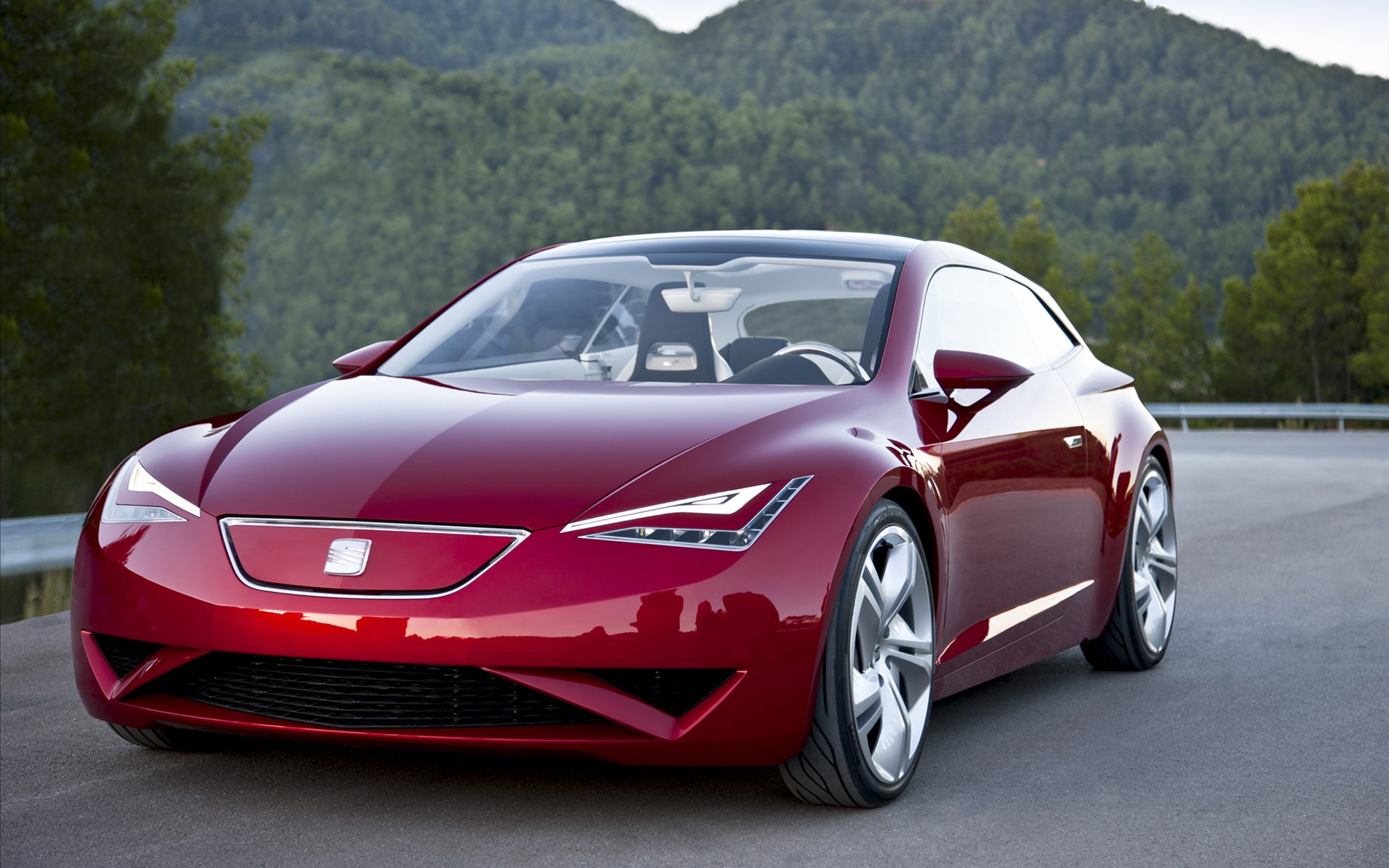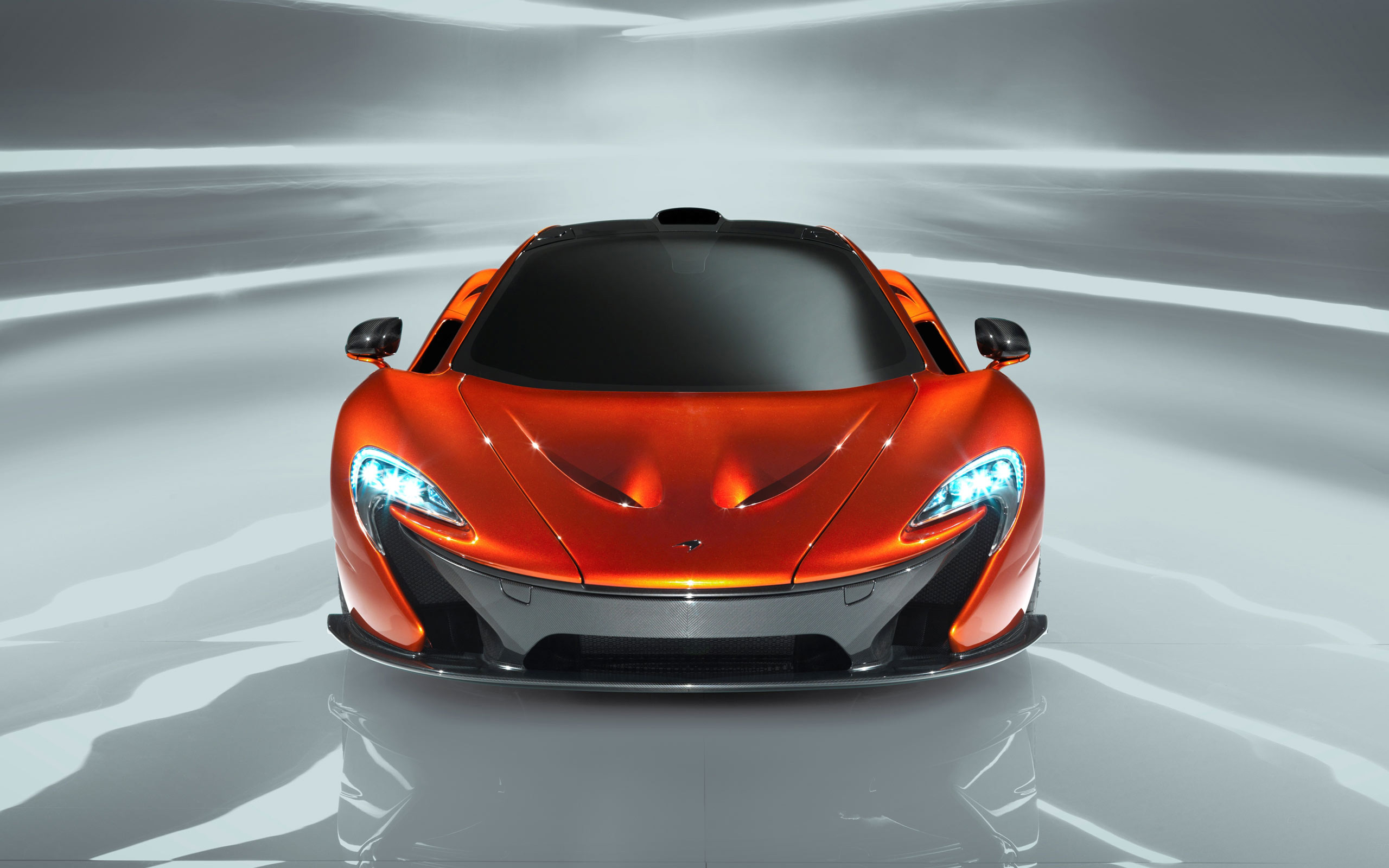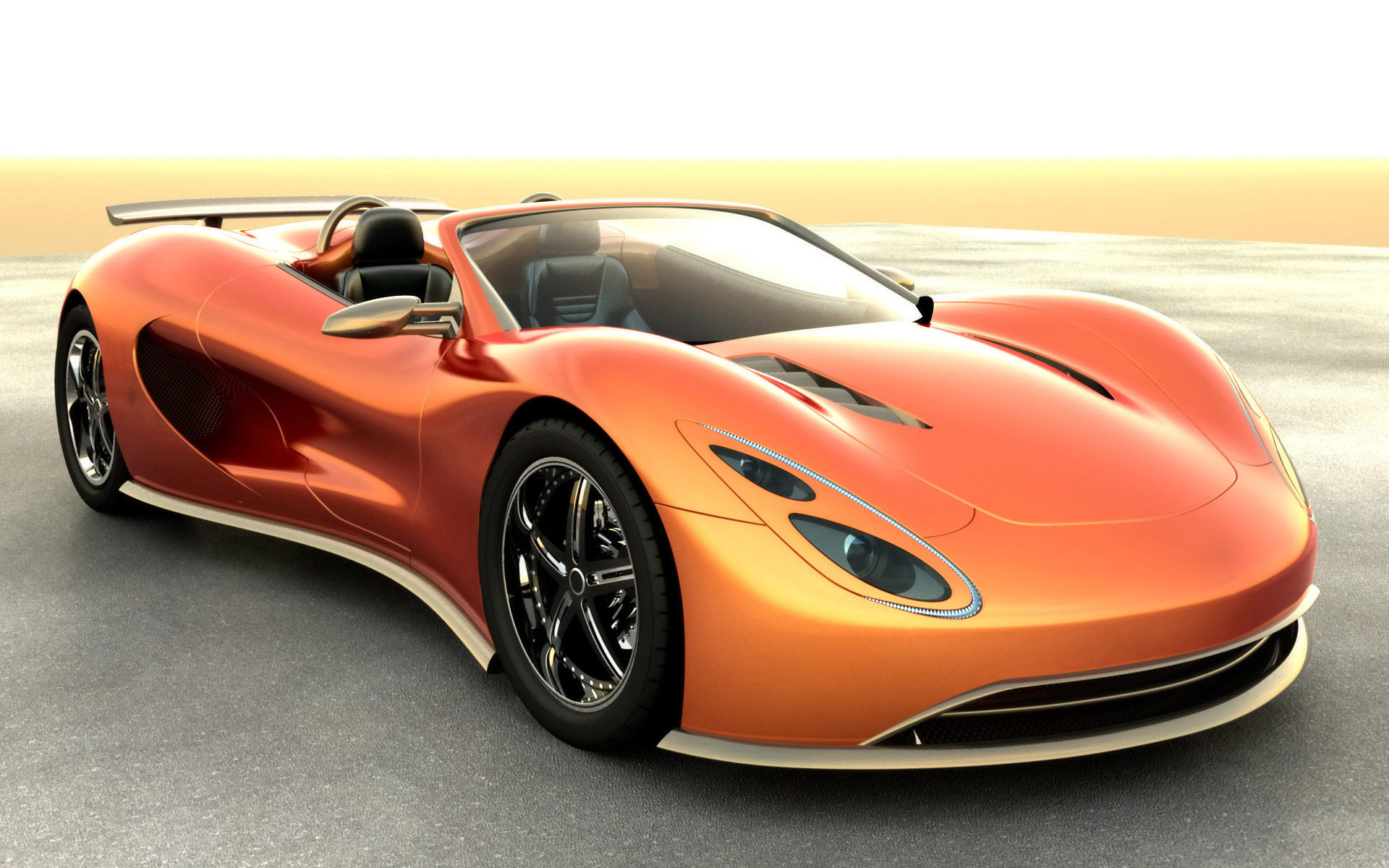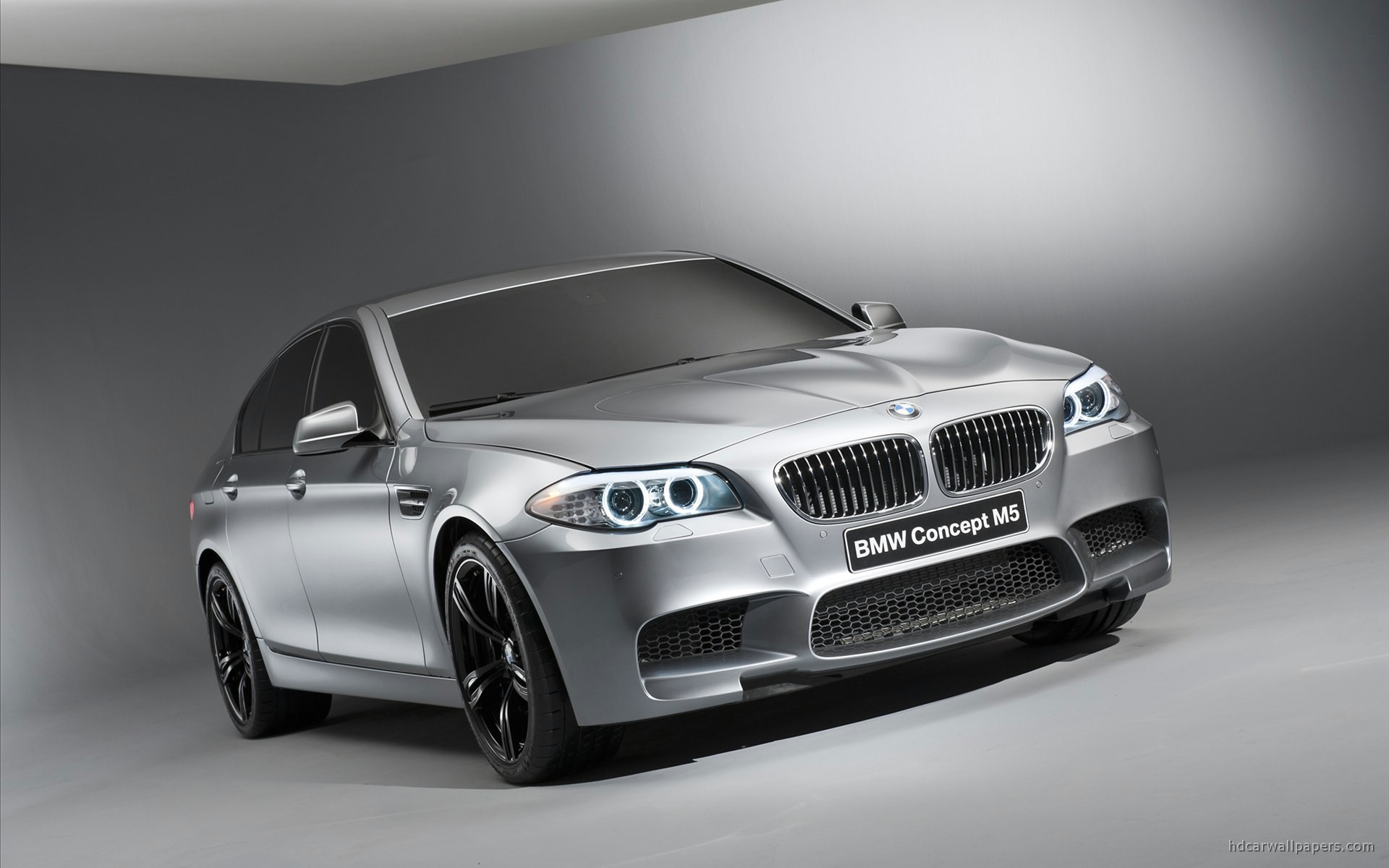Car Pictures and Wallpapers Definition
Source (google.com.pk)According to Kia Motors, the name "Kia" derives from the Sino-Korean words ki ("to come out") and a (which stands for Asia), it is roughly translated as "arise or come up out of Asia" or "rising out of Asia.South Korea's oldest car company, Kia was founded on June 9, 1944 as a manufacturer of steel tubing and bicycle parts by hand – and has operated as one of the country's Chaebols since. In 1951 Kia began building complete bicycles. In 1952, Kia changed its name from Kyungsung Precision Industry, and later built motorcycles (starting in 1957), trucks (1962) and cars (1974). The company opened its first integrated automotive assembly plant in 1973, the Sohari Plant.[8] Kia built the small Brisa range of cars until 1981, when production came to an end after the new military dictator Chun Doo-hwan enforced industry consolidation, meaning Kia had to give up passenger cars and focus entirely on light trucks.
Starting in 1986 (when a mere 26 cars were built, followed by over 95,000 the next year), Kia rejoined the automobile industry in partnership with Ford. Kia produced several Mazda-derived vehicles for both domestic sales in South Korea and for export into other countries. These models included the Kia Pride, based on the Mazda 121, and the Avella, which were sold in North America and Australasia as the Ford Festiva and Ford Aspire.
In 1992, Kia Motors America was incorporated in the United States. The first Kia-branded vehicles in the United States were sold from four dealerships in Portland, Oregon in February 1994.[citation needed] Since then, Kia expanded methodically one region at a time. Dealers in 1994 sold the Sephia, and a few years later the United States line expanded with the addition of the Sportage. By 1995, there existed over one hundred Kia dealerships across thirty states, selling a record 24,740 automobiles.
However, during the Asian financial crisis, Kia declared bankruptcy in 1997; in 1998 Hyundai Motor Company acquired 51% of the company outbidding Ford Motor Company which had owned an interest in Kia Motors since 1986. After subsequent divestments, Hyundai Motor Company owns less than 50% of the company.
Since 2005, Kia has focused on the European market and has identified design as its "core future growth engine"—leading to the hiring of Peter Schreyer in 2006 as Chief Design Officer and his subsequent creation of a new corporate grille known as the 'Tiger Nose'.
In October 2006, Kia Motors America broke ground for Kia Motors Manufacturing Georgia in West Point, Georgia, representing a $1 billion USD investment for the company. Kia Motors Manufacturing Georgia opened in February 2010, after Kia recorded its 15th consecutive year of increased U.S. market share.
Design emphasis“ In the past, the Kia cars were very neutral. When you saw one on the road, you didn't really know if it was Korean or Japanese…I think it's very important that you are able to recognise a Kia at first sight.
Beginning in 2006 Kia identified design as its "core future growth engine" – leading to the 2006 hiring of Peter Schreyer as Chief Design Officer. Schreyer had previously worked at Audi (designing the Audi TT) and Volkswagen and had won the Design Award of the Federal Republic of Germany.
Schreyer has since been central to a complete restyling of Kia's lineup,overseeing design activities at Kia's design centers in Frankfurt, Los Angeles, Tokyo and the Namyang Design Center in Korea.With the Kee concept vehicle, shown at the Frankfurt Motor Show in 2007, Kia introduced a new corporate grille to create a recognizable 'face' for the brand. Known as the Tiger Nose, Shreyer indicated he wanted "a powerful visual signal, a seal, an identifier. The front of a car needs this recognition, this expression. A car needs a face and I think the new Kia face is strong and distinctive. Visibility is vital and that face should immediately allow you to identify a Kia even from a distance."Commenting on the new signature grille in 2009: "From now on, we'll have it on all our cars".
Car Pictures and Wallpapers Free Wallpaper Pics Pictures Hd for Desktop Iphone Mobile HD 1080p

Car Pictures and Wallpapers Free Wallpaper Pics Pictures Hd for Desktop Iphone Mobile HD 1080p

Car Pictures and Wallpapers Free Wallpaper Pics Pictures Hd for Desktop Iphone Mobile HD 1080p

Car Pictures and Wallpapers Free Wallpaper Pics Pictures Hd for Desktop Iphone Mobile HD 1080p

Car Pictures and Wallpapers Free Wallpaper Pics Pictures Hd for Desktop Iphone Mobile HD 1080p

Car Pictures and Wallpapers Free Wallpaper Pics Pictures Hd for Desktop Iphone Mobile HD 1080p

Car Pictures and Wallpapers Free Wallpaper Pics Pictures Hd for Desktop Iphone Mobile HD 1080p

Car Pictures and Wallpapers Free Wallpaper Pics Pictures Hd for Desktop Iphone Mobile HD 1080p

Car Pictures and Wallpapers Free Wallpaper Pics Pictures Hd for Desktop Iphone Mobile HD 1080p

Car Pictures and Wallpapers Free Wallpaper Pics Pictures Hd for Desktop Iphone Mobile HD 1080p

